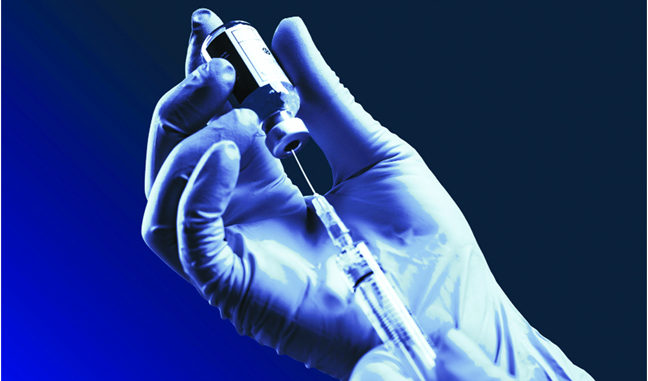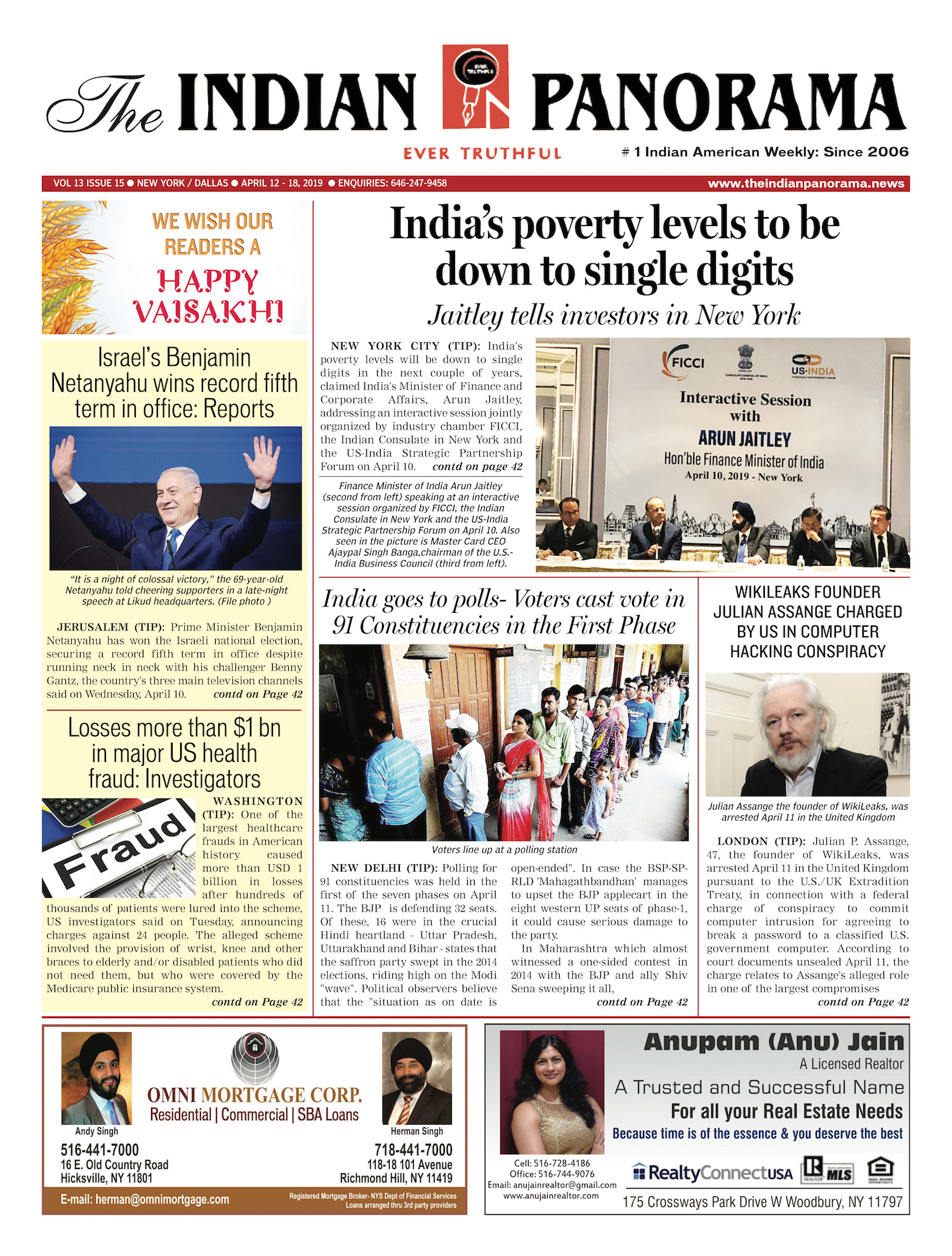
The waiving off of patents alone is unlikely to help improve vaccine availability anytime soon, scientists, legal experts and pharma industry executives said, pointing to the complicated technical know-how, raw materials and infrastructure required to make vaccines while ensuring they are as safe and effective as the original developer intended it to be. Several countries, including the US, France and the European Union are considering backing efforts countries such as India and South Africa for a global waiver of coronavirus vaccine patents to boost supplies. While such a move could well be the first step in broadening access, patents alone do little to allow someone else to make biological therapeutics such as vaccines, unlike in the case of generic drugs, which are chemicals and can be replicated more easily with a recipe book of sorts. “Patents are a way of protection of your intellectual and commercial information, speaking from a legal point of view. But just by reading a patent, does not necessarily offer the ability to replicate the product or the process, because while a patent does share a lot of the generic information, it protects the specifics, and it is not a self-guide,” said Prabuddha Kundu, co-founder and managing director at Premas Biotech, which is working on an oral Covid-19 vaccine.
To understand the challenge, consider the case of some coronavirus vaccines: AstraZeneca and J&J’s vaccines involve a bio-engineered adenovirus that expresses the Sars-Cov-2’s spike protein; Novavax’s vaccine consists directly of the spike protein that has been cultured and grown in moth cells in labs.
“A chemical entity and a biological entity are very different. Even a simple protein, for example, is hundred times more complex or has more components than a drug like, say, paracetamol. There can be many ways to make paracetamol, and it would turn out to be exactly that but even if there were few ways to produce the protein, the final product varies in its final shape and form,” added Kundu.
For that, he added, “you must understand the process so well, that every time you carry it out, you end up with exactly the same product. In many situations in biologics, the process is the product”.
Legal experts in the pharma field said this constitutes know-how, which often is a trade secret. “There is a clear divide between a patent and a trade secret. The technical know-how is proprietary. TRIPS provides for protection of undisclosed information, which would not be found in patents,” said Dev Robinson, partner and head, Intellectual Property, at Shardul Amarchand Mangaldas.
TRIPS refers to Trade-Related Aspects of Intellectual Property Rights agreement under the World Trade Organization (WTO), the specific framework that India and South Africa have sought waivers under.
Source: HT





Be the first to comment